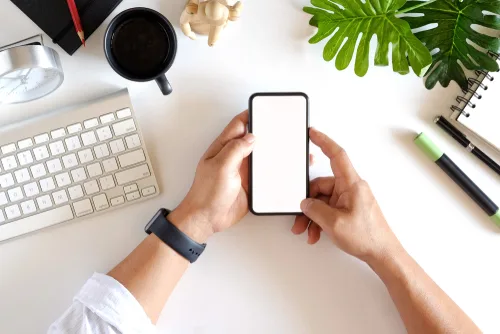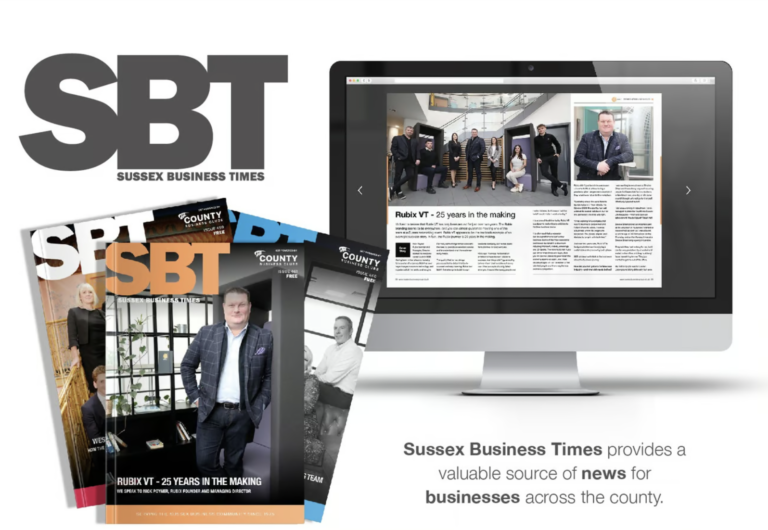Smartphones are smart, but are they phones?
A few years back, on the 50th anniversary of the first moon landing, there was a spate of articles comparing the processing power of Apollo 11’s computer versus a smartphone. The conclusion was we have more computing power in our pocket than Neil Armstrong and co had in their lunar-bound vessel.
Only 15 years have passed since the release of the first iPhone, and life is now unimaginable with smartphones. Back in the 20th Century, the functions they possess would have been flights of fancy, appearing only in Sci-fi movies. These devices are truly magical.
How do you use your smartphone? Many of us them for scrolling through our social media feeds, taking photos, making videos, streaming films or live sports, translating languages, or navigating a journey. You can monitor your heart rate or even check your home insulation with a thermal-imaging camera app. There are seemingly unlimited possibilities.
However, there is one thing that an iPhone (and its competitors) is actually quite useless at – and that is being a phone.
Of course, an iPhone can make and receive calls. It also has a very handy FaceTime option for video calls. But that is just about it.
Smartphones lag behind the capability of a hosted telephony solution you find in a typical office or business. They lack familiar, and very useful, functions such as call diverting, call forwarding, hunt groups and voicemail transcription.
For a business, this can be hugely frustrating.
When smartphones let you down…
Imagine you are busy or in a meeting and the phone rings. It could be an important call and possibly valuable new business. But you aren’t in the position to give the call your full attention.
So, what are the options?
- Ignore the call and hope the caller leaves a message. Sorry to break the bad news, but they probably won’t. No-one likes leaving messages. More than likely they will contact another company.
- Take the call. You may get the business, but you will have completely messed up the meeting you are in.
- Ask the caller if you can call them back later. They may wait for your call. But they may call another company and the business is lost.
- Give the caller the number of a colleague. Sorry to break the bad news (again), but they probably won’t call your colleague. More than likely they will contact another company.
In the best-case scenario, your meeting will go fine, and you will manage to deal with the new enquiry. But you won’t look very professional.
In the worst-case scenario, you will lose valuable business.
Smarter smartphones with an app
The good news is that your iPhone, Samsung Galaxy or alternative smartphone can be just as functional as a desk phone. As usual, the answer is an app.
We can supply you with a ‘softphone’ app licence which will immediately make your phone smarter.
So, when you get that important call at the worst possible time, you can seamlessly transfer the call to a colleague.
In fact, you can avoid the situation altogether by setting up a divert before you start the meeting.
Having a ‘softphone’ on your mobile, tablet and laptop means you are truly connected to the rest of your company, and it makes working from home even easier.
At last, mobile phones are truly smart!






